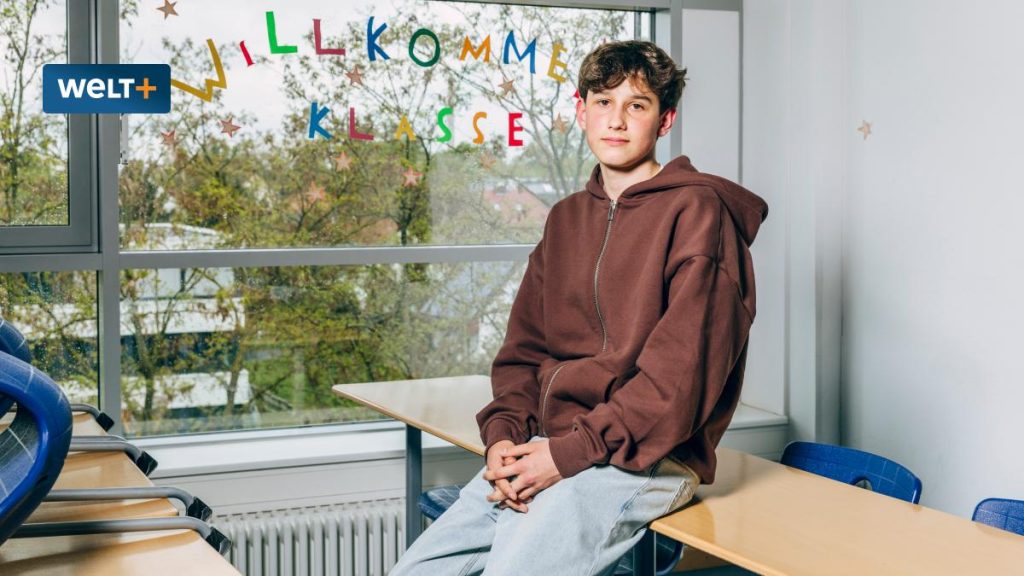The German school system is facing an additional challenge with approximately 220,000 children and teenagers who have fled from Ukraine currently being taught in schools in the country. The integration of these refugee students is a key focus for educators and policymakers as they navigate the complexities of providing quality education while also supporting these young newcomers in adjusting to their new surroundings. One such student, 15-year-old Dima, shares his experiences of the integration process.
Dima’s story sheds light on the struggles and triumphs of refugee children trying to adapt to the German education system. He recalls feeling overwhelmed and isolated at first, but with the help of supportive teachers and fellow classmates, he gradually began to feel more at ease. Language barriers and cultural differences presented challenges, but Dima’s determination to succeed and the resources provided by his school helped him overcome these obstacles and thrive in his new environment.
The integration of refugee students poses unique challenges for schools and educators, who must address the diverse needs and experiences of these young newcomers while also ensuring that all students receive a quality education. Schools have implemented various support programs and resources to assist refugee students in their academic and social integration, including language classes, counseling services, and cultural exchange programs. These initiatives aim to create an inclusive and welcoming environment for all students, regardless of their background or origin.
Despite the challenges, many refugee students, like Dima, have found success and fulfillment in the German school system. Dima’s story is a testament to the resilience and perseverance of these young individuals, who are determined to build a better future for themselves and contribute positively to their new communities. By sharing his experiences, Dima hopes to inspire other refugee students to embrace the opportunities available to them and continue pursuing their dreams of education and personal growth.
The integration of refugee students in the German school system is a complex and ongoing process that requires collaboration and support from various stakeholders, including educators, policymakers, and the wider community. As the number of refugee children and teenagers in German schools continues to grow, it is essential that efforts to support their integration and academic success are sustained and expanded. By fostering a welcoming and inclusive environment for all students, regardless of their background, Germany can ensure that every child has the opportunity to thrive and reach their full potential.
Dima’s journey serves as a powerful reminder of the importance of compassion, understanding, and support in the integration of refugee students into the education system. By listening to the voices and experiences of young newcomers like Dima, educators and policymakers can gain valuable insights into the challenges they face and the resources they need to succeed. Through continued collaboration and investment in support programs, Germany can continue to build a more inclusive and equitable education system that benefits all students, regardless of their background or circumstances.


